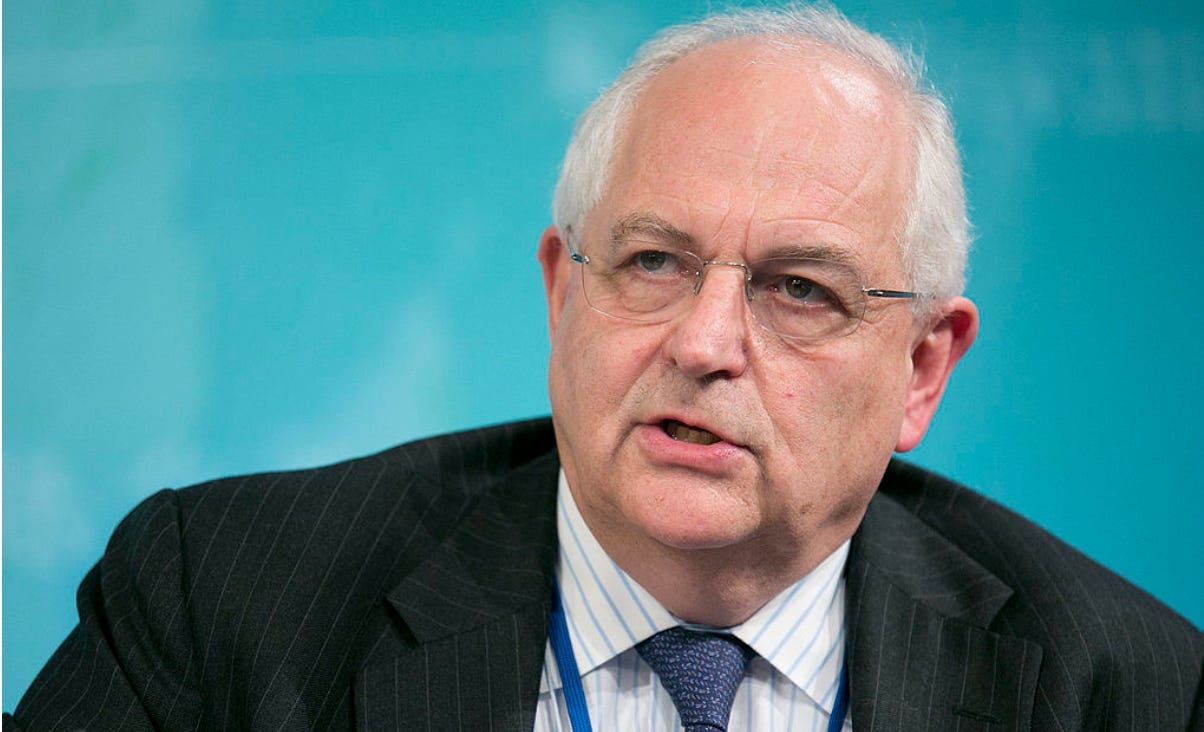Commenting on Martin Wolf: "The World Economy’s Story Remains One of Integration"
As Martin Wolf observes <https://www.ft.com/content/e167eca5-e1e7-4927-abb5-d87dfb699cf3>, the post-1990 landscape of global trade and finance hyperglobalization was indeed the result of the container, the jumbo jet, the submarine fiber-optic cable, and of the two preceding centuries of global economic divergence.
It was significantly shaped by the disparities in productivity between advanced economies and those lagging. This gap created vast opportunities, primarily fueled by the availability of cheap labor in less developed countries. Given this gap, the technological advancements in transportation and communications lit the fuse. The explosion was the integration of business organizations and the unbundling of supply chains. The accelerant was the shift in economic ideologies towards market liberalization and favoring cross-border openness. These significantly transformed global policies.
Now the age of increasing hyperglobalization is over. But, Martin Wolf says, that era is unlikely to be followed by an era of globalization retreat like that of the generation after 1913. Martin Wolf sees global trade and capital flow patterns more-or-less continuing as they are for the next decade or so—not much deepening of international economic integration, but not much shallowing either. Deepening is seen as risky for political, security, income-distribution, and social-stability reasons. As the BREXIT disaster has served as a horrible warning to all, shallowing is very expensive indeed.
What do I think of this?
I think that, as is almost always the case, Martin is right.

